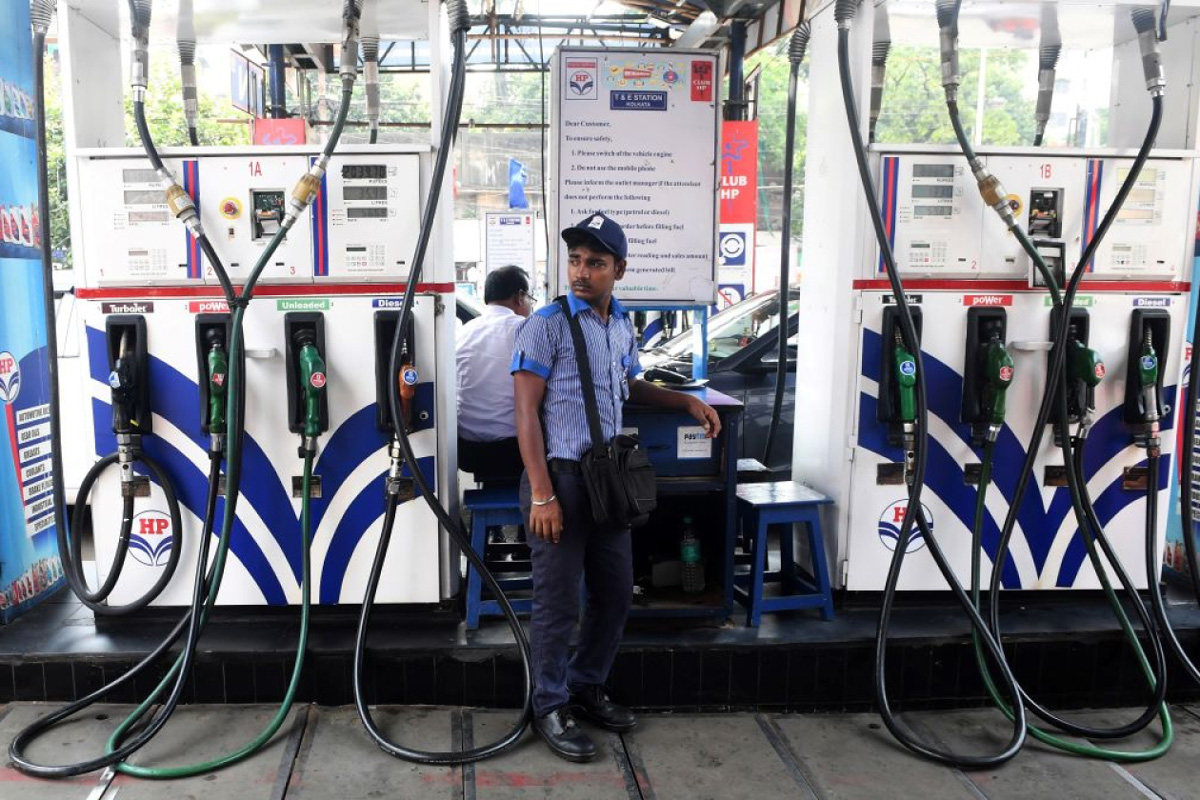While the Ministry of Petroleum and Natural Gas has distanced itself from the recommendations of a government panel that sought from 2027 a ban on diesel cars in large cities, those with populations of over one million, the apprehensions of those who own such vehicles and those who plan to acquire them will not go away. Certainly, the direction of government policy has been clear for quite some time.
The gap between petrol and diesel prices, which made vehicles powered by the latter attractive, has narrowed; poor air quality levels routinely see diesel vehicles being asked to stay off roads, and the life of diesel vehicles has been pegged at 10 years in the National Capital Region while petrol vehicles can be used for 15. In addition, the country must keep to international commitments on controlling emissions and there is little doubt that diesel vehicles especially contribute to air pollution.
Advertisement
Worldwide, there is an increasing trend to ban vehicles using fossil fuels, but that is not confined to diesel vehicles alone. More than 30 countries have announced plans to ban vehicles using internal combustion engines. Before 2027, the date set by the government panel, three countries ~ Norway, South Korea and Belgium ~ will have restrictions in place, with many more poised to follow suit in the years until 2050. In short, there is much to support the proposition of controlling vehicular emissions, but whether an outright ban on the use of diesel cars four years from now is feasible in Indian cities is quite another matter.
There are several things that the government will have to do, working with the automotive sector, if it wants to implement the suggestion. First, it will have to announce a time-bound plan to stop manufacture of diesel-powered cars. It must then allow those who own such vehicles a reasonable period of time to plan replacements. Alternatively, it must put in a place a generous scheme to buy back these cars, or to subsidise their replacements. To ensure that diesel vehicles are not replaced with less noxious but nonetheless polluting petrol vehicles, the government must firm up its electric vehicles policy. Electric cars must be more affordable and operating them must be less of a challenge than it presently is, with the absence of charging stations being the most obvious shortcoming.
Government policy on subsidy to electric vehicles must be consistent, and not haphazard as it presently is. The socialistic notion that big ticket investments in public transportation will reduce the need for private vehicles may be a fanciful one in a country as aspirational as India. People will want their own vehicles, and the need to control emissions must accommodate this desire. Finally, the government would do well to begin by stricter monitoring of emission levels. As previously argued in these columns, a wellmaintained 15-year-old car pollutes less than a poorly-run, three-year-old does.









